Deciding what to do with your home when you plan to full-time travel
The full-time travel homeowner hears the call of the lifestyle and the loud echo of mortgage payments, maintenance, and other property responsibilities. Figuring out how to travel full-time while constantly balancing the obligations and cost of being a homeowner can be exhausting and frustrating unless you plan ahead.
When you’re a homeowner, the Planning Stage is the time to to research, consult with professionals who provide their long-term perspective, and make big-picture decisions. There will always be unanticipated surprises once you launch. The Planning Stage is the when you minimize how many surprises you’ll have to navigate.

Your House: An Anchor, a Safety Net, or a Burden
The first step is to be clear about your house’s meaning and value, personally and financially. For some, it’s a sanctuary they’ll want to return to. For others, it is a valuable asset in their financial portfolio. But for some, it’s a burden and they’re ready to move on.
Before we started to travel full time, our house had become an enormous burden with out-of-control rising property taxes, downward spiraling value (nothing was selling in our home’s price range), and zero land. We’d purchased the house due to a job requirement to live within city limits. If we planned to return to the same area eventually, we’d purchase outside city limits. Bottom line… We were happy and relieved when it sold.
Recognizing the role of your property can help shape the decisions you make regarding it now and after you’re full-time traveling.
Reflective Questions:
- What does your current home mean to you?
- Can you distinguish between honesty and being apprehensive about future unknowns. (e.g. you’re feeling like you have to keep your house because you’re worried another one won’t be available when you’re ready to settle down in the future.)
- Are you all in agreement? If not, can you pinpoint what’s important to each family member? (e.g., is it something that can be removed from the house?)
- What’s most important – The school district? Your neighbors? Proximity to friends and family?
- Is your home in a location prone to natural disasters? If yes, what’s your plan if it’s damaged while you travel?

Mortgage Management
If you have an ongoing mortgage, it’s crucial to have a plan. Automated payments can ensure you never miss a due date. Mobile banking apps and online platforms can help keep tabs on your account, ensuring you have sufficient funds. For security, plan on using a VPN while you travel.
Reflective Questions:
- How do you plan to manage the mortgage responsibilities of your property during your indefinite travel?
- Have you researched the refinancing process while you’re in a different country or state? Are there documents to sign in person in advance?
Will you Keep, Lease/Rent, or Sell Your House?
Each choice has its merits. What you choose to do is a highly personal decision best made in consultation with professionals. If you haven’t already, consider adding tax, financial and real estate experts to your team of advisors. They might recommend moving your house into a different legal ownership structure or caution you against making any permanent decisions for a year or more based on the current market.
Option – Keep
Keeping your house offers the comfort of returning to the same home. Not having to walk through the selling and buying process can be especially important if you know you only have a fixed time to travel (e.g., a sabbatical). You can make your home available to others on sabbatical on sites like Sabbatical Homes. Make sure to check your homeowner’s insurance and update it accordingly.

Option – Lease/rent
Leasing or renting your house can provide a steady income stream, help fund your travels or, at a minimum, allow you to retain your house for the long term. This option works very well in areas where the rental market is strong, and the damage risk is low.
If you choose leasing or renting, remember, you’re not just a traveler; you’re also a homeowner and landlord! Being a landlord brings responsibilities like addressing tenant concerns, managing property repairs, and ensuring regular maintenance.
There are also emotional considerations. A new long-term tenant might request to customize your property to meet their needs. How will you feel returning to a home with different wall colors or landscaping? You know you’ll be a different person after full-time traveling, but have you prepared yourself in advance for these types of requests?

You’re wise to be apprehensive about managing from afar. Like with many aspects of full-time travel, being a remote homeowner magnifies the challenges you’ll face. Local property management services can be the solution. They handle tenant screenings, rent collections, maintenance requests, and more. While they charge a fee, the convenience and peace of mind might be worth the price.
Take time in the Planning Stage to interview and verify the credentials and references of house rental management companies and discuss their perspective on long-term leasing or short-term renting. A quick search on the National Association of Residential Property Managers is a good place to start. Yes, hiring a company will cost money, but it’s usually the best way to protect your investment and peace of mind, especially if you plan on short-term rentals (e.g., VRBO or airbnb).
Before we leased out our house, we interviewed three different rental management companies. Their approaches were shocking different. One was run like a large corporation focused on their bottom line with questionable customer service to the renter. One was a single owner working by herself who looked great on paper, but her business needed more employees and she was hesitant to take the risk. The third had been in business for over thirty years and was able to confidently answer all of our questions and even brought up topics we hadn’t thought of.

Option – Sell
Selling your house can free up a substantial sum, giving you more financial freedom or the possibility to invest elsewhere. This option is best for people who have no interest in retaining their house as a financial investment or returning to it as home.
We highly encourage you to meet with your financial and tax advisors in the Planning Stage to discuss navigating this process, especially if you plan on purchasing an RV or a boat.
Reflective Questions:
- How would keeping, leasing, or selling your property best align with your travel dreams and long-term financial strategy?
- Do your local laws (and HOA) allow short-term renting?
- If leasing, how prepared are you to handle tenant-related matters remotely?
- In preparing for discussions with a house leasing management company, do you have a list of questions to ask before the meeting? Can you run the list by trusted advisors to ensure it’s complete?
- If you plan to sell your house and purchase a boat or RV, are you clear on the best order to conduct those steps? Are you clear on any tax or loan implications?
Full-time travel and home ownership might seem like opposing forces, but with careful planning, they can work together beautifully. Take the time to honestly evaluate your emotional attachment to your house as well as your financial needs from your property. Then, devise a clear strategy forward so you can go explore the world!

